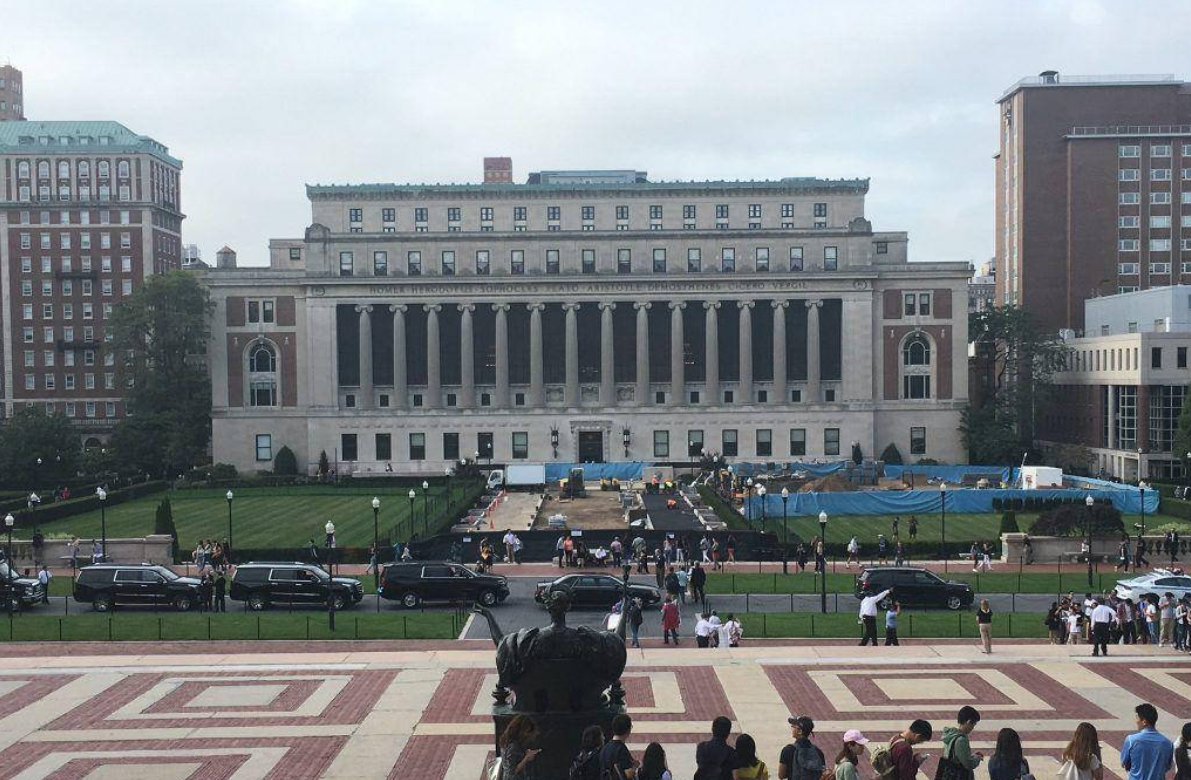Columbia University’s Interim President, Katrina Armstrong, has resigned following the university’s policy changes to comply with the Trump administration’s federal funding requirements. This unexpected leadership change has ignited debates on academic freedom, university governance, and the influence of political administrations on higher education institutions.
Columbia’s Federal Funding Controversy: Why Did This Happen?
The federal government had temporarily withheld $400 million in research and grant funding, citing concerns over campus demonstrations and administrative handling of controversial political discussions. In response, Columbia implemented stricter campus protest policies, increased security, and restructured academic governance policies to align with federal expectations.
Critics argue that these concessions undermine free speech and institutional autonomy, while supporters believe they were necessary to secure vital funding for research and faculty support.
Table: Key Changes Columbia Implemented to Regain Federal Funding
| Policy Change | Reason | Impact |
|---|---|---|
| Stricter Protest Regulations | To align with federal funding policies | Limits student activism on campus |
| Increased Campus Security | Address concerns over public safety and demonstrations | Reduces protest activity but raises concerns over freedom of speech |
| Closer Faculty Oversight | Ensure neutrality in political discourse | Could limit academic freedom |
These changes have sparked conversations about how much influence the federal government should have over private institutions.
Leadership Transition: What Does This Mean for Columbia?
In her resignation statement, Armstrong emphasized her commitment to Columbia but stated she wanted to return to her role as CEO of Columbia’s Irving Medical Center.
The university’s Board of Trustees appointed Claire Shipman as acting president while a nationwide search for a permanent replacement is conducted. This marks Columbia’s second leadership transition in less than a year, following Minouche Shafik’s resignation in August 2024, which was linked to rising campus tensions over pro-Palestinian protests and antisemitism concerns.
The frequent leadership changes raise concerns about stability at the university and its ability to handle external political and financial pressures effectively.
How Has the Academic Community Reacted?
Professors, students, and education analysts have mixed reactions:
- Faculty Concerns: Many professors believe the university compromised its principles to meet federal funding conditions.
- Student Reactions: Student groups argue that these policies limit freedom of expression and create a restrictive campus environment.
- Higher Education Experts: Some warn that this case could set a dangerous precedent, leading to more government intervention in university governance.
“If elite institutions like Columbia can be pressured into making policy changes for federal funds, other universities may also face similar expectations,” said a higher education policy analyst.
Broader Implications for Higher Education in the USA
Columbia’s recent policy changes have raised critical questions about the balance between securing federal funding and maintaining academic independence. Universities across the U.S. are closely watching how Columbia’s situation unfolds.
As this debate continues, university officials and policymakers must carefully consider how to protect academic values while maintaining essential financial resources.
Conclusion: What Lies Ahead for Columbia and Higher Education?
With another leadership transition underway, Columbia University faces the challenge of balancing academic independence, political pressures, and financial stability. The outcome of this situation could influence university policies nationwide, shaping the future of higher education governance in the U.S.
As Columbia navigates these challenges, the broader academic community will be watching closely. This case serves as a warning to institutions about the risks of government intervention and highlights the importance of safeguarding academic freedom.
[USnewsSphere.com / BI]





